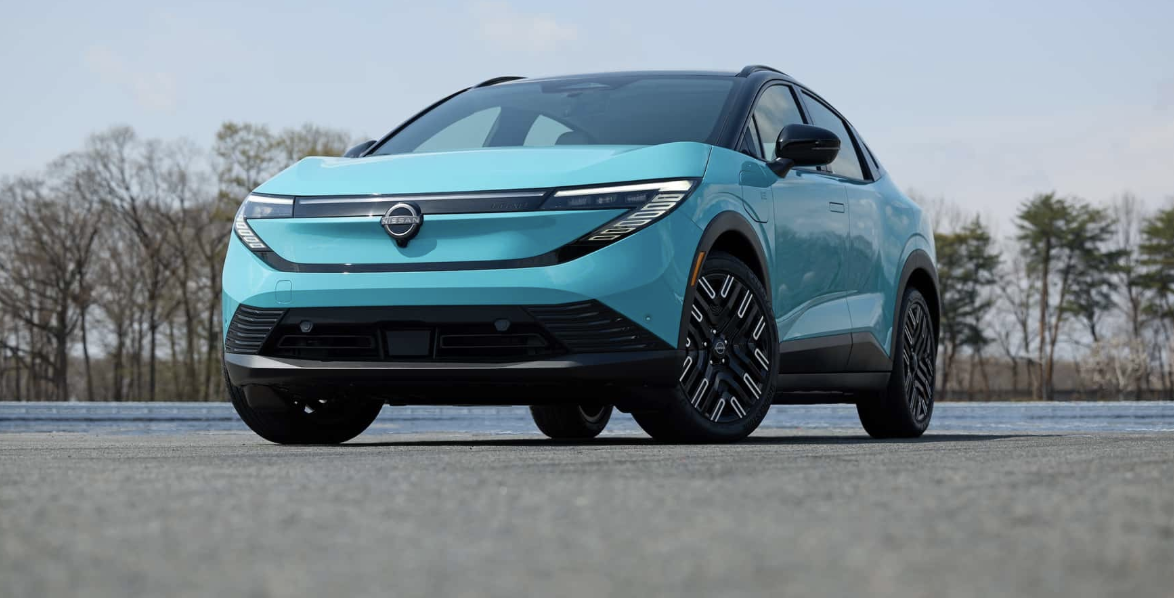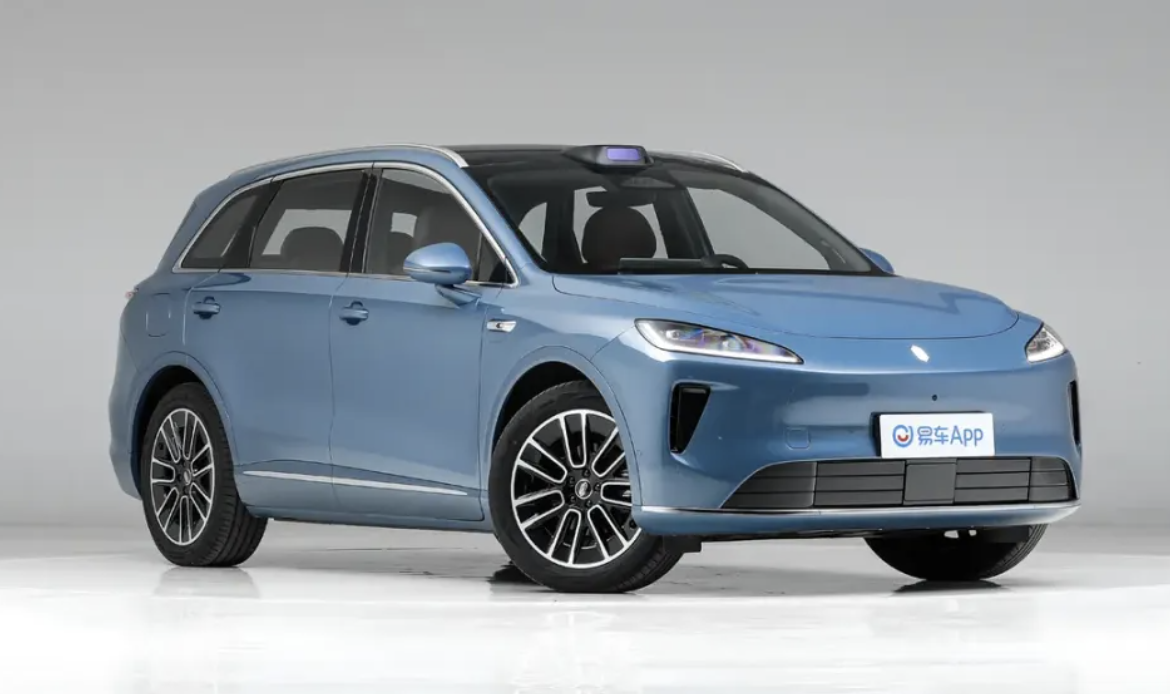Recently, some netizens exposed on social media that Porsche’s 100th sales outlet in China, the Porsche e-Enjoy Space in Tianhuan Plaza, Tianhe District, Guangzhou, has closed and withdrawn. The inside of the store is now empty.
On the afternoon of March 16, the reporter from “Autowechat” came to Tianhuan Plaza. From the scene, there are no staff in the Porsche Tianhuan Plaza store, and the previous display cars have also been moved away, leaving only a few odds and ends such as tables and chairs and display cabinets. However, the signs related to Porsche on the scene have not been completely removed, and there are no shielding measures around the store, and citizens can still enter freely.
In response, the person in charge of Tianhuan Plaza confirmed that Porsche’s sales outlets in Tianhuan Plaza have been closed. “The mall is changing guests normally, and it will get better and better. Please look forward to it.” “Autowechat” learned from Porsche that the “Porsche e-Enjoy Space in Guangzhou” sales outlet can no longer be seen in the sales outlets, and Porsche has not given a response to the reason for the closure.
It is understood that the Porsche e-Enjoy Space in Guangzhou was officially opened in November 2017 and is the 100th sales outlet of Porsche in China. For Porsche, this store is not just a sales outlet, but the first retail experience showroom to implement Porsche’s global digital transformation strategy. It covers an area of 460 square meters and is equipped with a series of multimedia walls and interactive devices. Consumers who come to the store can explore Porsche’s full brand lineup and learn about the brand’s development history through VR technology.
Although the closure of the store may be part of Porsche’s brand strategy adjustment to optimize the sales network and improve operational efficiency, the closure of the 100th sales outlet of Porsche in China, which is of milestone significance, also reflects the challenges Porsche faces in China from the side.
On March 12, Porsche officially released its 2023 financial report. During the reporting period, Porsche’s operating income increased by 7.7% year-on-year to 40.5 billion euros, and its sales profit increased by 7.6% year-on-year to 7.3 billion euros. The net cash flow of the automotive business was 3.973 billion euros.
From the perspective of sales volume, Porsche delivered 320,200 new cars worldwide in 2023, with a year-on-year increase of 3%. However, the Chinese region has become the only single market where Porsche is declining, with a delivery volume of 79,300 vehicles, a year-on-year decrease of 15%. Therefore, the largest single market of Porsche in China, which has been in the top spot for 8 consecutive years, has now been taken over by North America. The region delivered 86,100 new cars throughout the year, a year-on-year increase of 9%.
Porsche entered the Chinese market for sales in 2001, and since 2015, the Chinese market has become Porsche’s largest single market in the world, setting new sales records in the Chinese market for 20 consecutive years. In 2021, Porsche set a new record for historical sales in the Chinese market, delivering 95,671 new cars throughout the year. In 2022, Porsche sold 309,884 vehicles globally, a year-on-year increase of 2.6%. Among them, the total delivery volume in the Chinese market was 93,286 vehicles, becoming the only market where Porsche declined globally, a year-on-year decrease of 2.5%. This is the first decline in Porsche’s entry into the Chinese market, and in 2023, Porsche’s sales in the Chinese marketdeclined again, with a year-on-year decline compared to 2022 expanding to 15%.
The decline in Porsche’s sales in the Chinese market has always been regarded in the industry as related to its electrification transformation. Porsche announced its electrification transformation in 2019, and the first pure electric sports car, Taycan, is about to be launched, but the subsequent products failed to keep up. It was not until January of this year that the second pure electric vehicle, Macan EV, was released, with a time span of more than five years.
In this context, Porsche’s electrification transformation is more urgent. It is understood that in 2024, Porsche plans to introduce to the market no less than four new or heavily modified model products. The Panamera, Macan, Taycan, and 911 four-car series will all launch new models, among which the mid-term modified Taycan was unveiled in Shanghai on March 12 and is expected to be pre-sold at the 2023 Beijing Auto Show.
The decline in Porsche’s deliveries in China does not mean a bleak future, but it is indeed a major challenge for Porsche. Now in the Chinese luxury market, domestic brands are also beginning to challenge Porsche’s position. However, no matter compared with which brand, Porsche’s history is rich, and its brand heritage is also incomparable to many automotive brands. Faced with the decline in the Chinese market, what Porsche needs is to actively adjust its strategy, respond flexibly to the rapid changes in the market, find new growth opportunities in the Chinese market, and thus achieve a rebound in performance.



